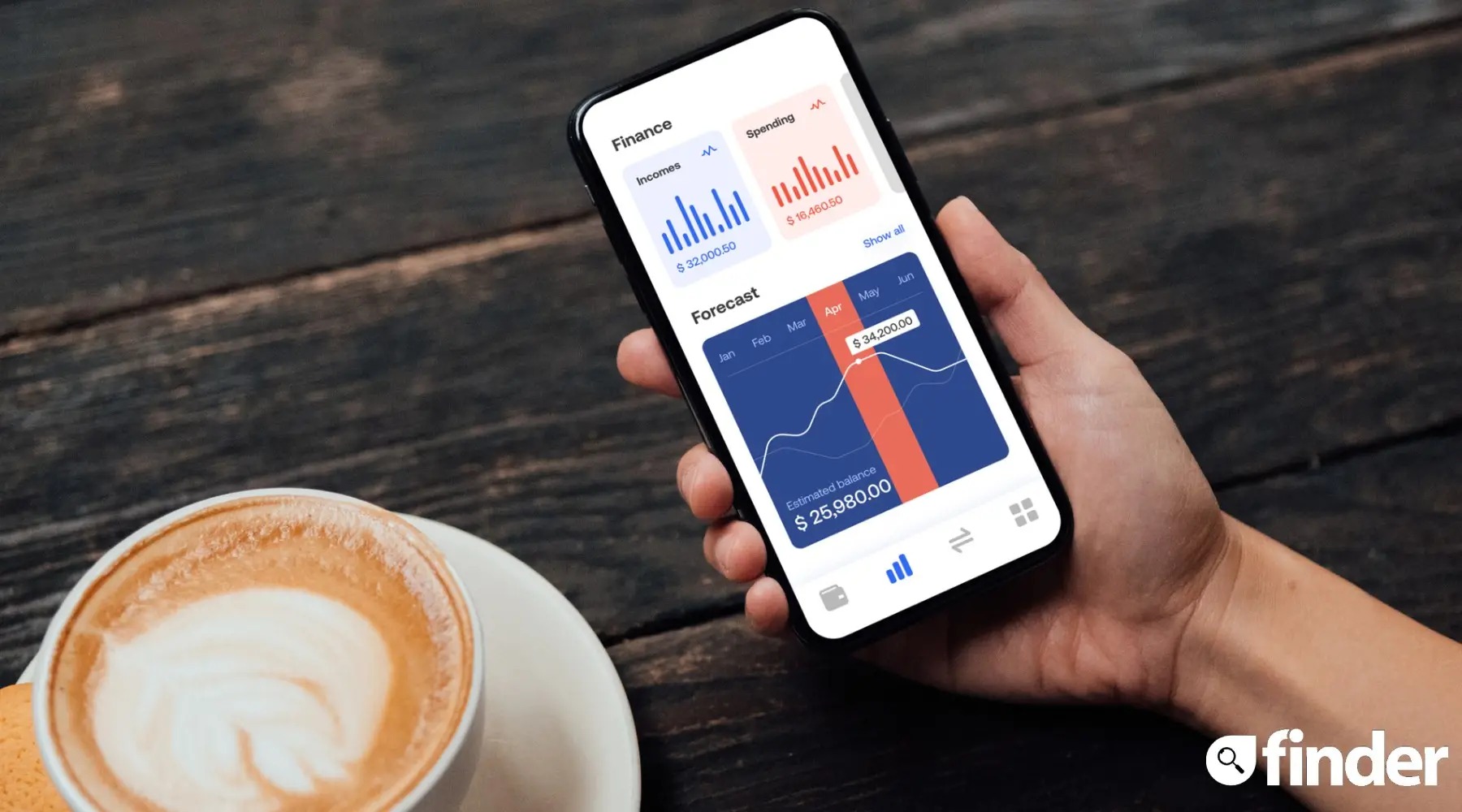5 tips for investing when you don’t have much time

Simple tips to help time-poor investors.
In a perfect world, you'd have ample time to sift through the latest market news and data before making informed investment decisions. In reality, finding even 10 minutes a day to devote to investing can be a challenge.
Between work, family and social commitments, there's precious little time left to spare for researching the market.
Fortunately, you don't need to be an expert in finance or need to "sit in front of a computer for hours each day to be a successful investor", says Josh Gilbert, market analyst at eToro.
"A little can go a long way, especially when it comes to building knowledge with investing. It's always good to start with what you know, as it will make the research and analysis a little easier."
So if you're a time-poor investor looking for ways to build wealth, these 5 simple tips will help you get started.
1. Work out your strategy
The first thing you need to do is come up with an overall strategy.
How much do you have to invest, what is your financial goals and how long do you have to achieve them?
If you're time-poor or a novice investor, you may not have the time or the knowledge to make frequent trades to try and profit from daily market fluctuations.
Instead, for many, the best approach is to think long-term.
With a diversified portfolio of shares and exchange-traded funds (ETFs), you can adopt a "buy and hold" strategy as an example. This involves riding out any market fluctuations to achieve long-term capital gains, and earn some extra income from dividend payments along the way.
"To invest responsibly, investors (no matter if they are a fresh face or seasoned) should only invest what they can afford to lose, adopt a long-term mindset, set realistic goals and ensure they research what they're investing in before buying assets," Gilbert told Finder.
One way to try out this strategy before you put your hard-earned money to work is through demo accounts. Regardless of your strategy, it will let you see if the process is working.
For example, you can use demo accounts to practise your trading strategies. These accounts will give you access to virtual funds and let you trade stocks, commodities, crypto and forex.
You can still use the demo account once you've started trading with real money, which means you can always test out any strategies before putting them into action in the real world.
2. Be a copycat
Investing, analysis and research can take time.
So if time is something in short supply, why not ride on someone else's coattails?
One example of this is eToro's CopyTrader feature which allows you to follow other "popular investors" and copy their trades automatically in real time.
"A huge benefit to copy trading is time," Gilbert continues. "This feature is a great solution for those who wish to start investing but don't have the time to research every single investment.
"Experienced traders have the confidence and knowledge to take opportunities that arise in the markets. If you don't have the time nor the inclination to pick stocks every time you want to invest, allow an expert trader to do it for you instead."
The Copy Trader feature is also a way to learn more about choosing the right investments.
"Copying another user can help build your knowledge of the financial markets," Gilbert says.
"The social aspect can help you understand why they are making an investment, which can help investors for their future investment journeys."
This doesn't mean you can simply sit back and relax and just blindly copy the trades of experienced investors. As always, it's vital to do your own research so you understand your investments and the risks involved.

3. Diversify with ETFs and REITs
Diversifying spreads your risk around and helps you ride out volatility, which is where ETFs come in.
An ETF is a fund that can be bought and sold on a stock exchange just like shares in a company. ETFs invest in a bundle of assets like stocks or bonds, so when you invest in an ETF, you can gain exposure to a diversified basket of shares with just 1 trade.
Many ETFs are index funds, which means they aim to mimic the performance of a major stock market index.
"For example, investors can invest in the SPDR S&P 500 ETF, which tracks the performance of the S&P 500 – an index of the 500 largest companies listed in the United States – giving you instant exposure to 500 different stocks," Gilbert explained.
There are also thematic ETFs that focus on specific industries or technologies, including everything from tech innovation and artificial intelligence to financial or mining companies.
"ETFs are a great tool for investors looking to diversify their investments," Gilbert said. "However, you still need to take the time to research the ETFs you're looking to buy, given that there are so many to choose from."
Real estate investment trusts (REITs) are another option worth considering. These companies invest in and manage real estate portfolios to provide capital growth and dividend income for shareholders.
REITs offer a way to gain exposure to the property market without actually buying properties yourself – you can buy shares in REITs on stock exchanges like the ASX.
According to research by Finder, just 2% of Australian adults own REITs, so they're an area of the market that few Aussie investors are familiar with.
4. Use a curated portfolio
Creating the ideal investment portfolio takes a lot of time and hard work.
So if you're a time-poor investor, eToro's Smart Portfolio feature offers a convenient alternative.
Smart Portfolios (formerly known as CopyPortfolios) are curated collections that track a specific theme or strategy. With Smart Portfolios, you can instantly diversify your holdings by investing in arrays of assets and traders.
For example, you might be interested in an investment basket like the eToro AussieEconomy portfolio, which invests in stocks across a diverse range of Australian industries.
There are Smart Portfolios that focus on everything from oil and tech companies to renewable energy, utilities and cryptocurrency.
You can browse the available collections to find one that suits your investing strategy, or that aligns with an issue or industry you're passionate about.
5. Streamline your investment tracking
Choosing the right investments is only part of the equation – tracking and managing your investments is also essential.
Unfortunately, it can be time-intensive too, which is why it's important to work smarter, not harder.
That's where a portfolio management app or service can be a big time-saver.
"An investment tracker lets you quickly see all your investments in one place," Gilbert says.
"This means opening up an app or website and seeing all my investments, the prices, gains and losses, recent changes and charts all on one screen. With such a tracker, investors can easily compare and contrast various positions without jumping from site to site."
The aim here is to make it quick and easy to monitor the performance of your investments and work out whether you need to make any adjustments.
There are several portfolio management tools to choose from, so compare a range of options before deciding which one is right for you.
Investing to build long-term wealth
Becoming a successful investor is not just a matter of time, so you shouldn't let a busy lifestyle hold you back from investing for a secure financial future.
With a little know-how and the right tools at your disposal, investing doesn't have to feel like working a second job.
So, decide on an investing strategy that aligns with your financial goals, and take advantage of the resources mentioned here to help you diversify your portfolio and manage your investments efficiently.
You might be surprised just how much you can achieve with only a small investment of your time.
Compare other trading platforms here
Assets held in your name. Capital at risk. See PDS and TMD.
This communication is intended for information and educational purposes only and should not be considered investment advice or investment recommendation. Past performance is not an indication of future results.
Crypto assets are unregulated & highly speculative. No consumer protection. Capital at risk. May not suffice as basis for investment decision.



